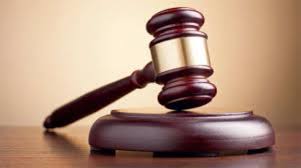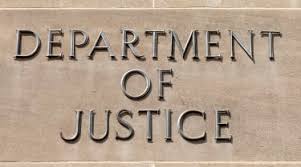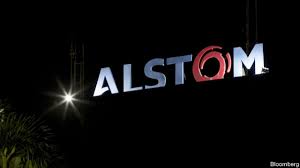Alstom Executive Convicted on FCPA and Money Laundering Violations

Lawrence Hoskins, a UK citizen and former Alstom executive, was convicted last Friday on 11 of 12 counts for his role in a bribery scheme involving Indonesian officials.
Hoskins conviction took years to secure because of jurisdictional challenges and appeals. Hoskins was originally indicted in 2013.
Alstom itself settled FCPA charges at the end of 2014 and agree to pay roughly $770 million. Three other Alstom officers plead guilty to FCPA offenses. Alstom’s consortium partner, Marubeni Corporation, pleaded guilty in 2014 to FCPA conspiracy and seven substantive FCPA offenses and paid a fine of $88 million to resolve the case.
The government prosecutors, Dan Kahn, former FCPA Unit Chief, who was recently promoted in the Fraud Section, Lorinda Laryea, from the FCPA Unit and David Novick, an AUSA from Connecticut, prosecuted the case.

The jury deliberated for one day – a resounding victory for DOJ prosecutors. Hoskins’ defense team launched an unusual defense, claiming that Hoskins did not act as an “agent of a domestic concern” because he was the principal who made all relevant decisions with regard to the bribery scheme. The jury’s quick verdict reflects its rejection of such a technical defense.
After a two-week trial, Hoskins was convicted of six counts of violating the FCPA, three counts of money laundering and two counts of conspiracy. The judge set a sentencing date in January 2020.
The government’s evidence consisted of email messages and cooperator testimony relating to the use of two consultants to pay bribes to Indonesian government officials, including one member of parliament. Hoskins helped hire the two consultants who paid bribes to secure a $118 million contract from Indonesia’s state-owned electricity company.
The first consultant received hundreds of thousands of dollars in a Maryland bank account to fund the bribery scheme and made payments to bribe a member of Indonesia’s parliament. The consultant transferred money from the US account to an Indonesia bank account. In related emails, Alstom officials referred to the consultant as a “cashier.”
In the Fall of 2003, Hoskins and co-conspirators determined that the first consultant was not effectively securing the project by paying bribes at the Indonesia state-owned electricity company, and then hired a second consultant and “front-loaded” the consultant’s compensation under the contract to more effectively bribe the relevant officials.

The prosecutors and defense counsel focused their closing arguments on whether or not Hoskins was an agent of the US company’s subsidiary in carrying out the bribery scheme. The trial judge’s instruction in the case on this issue required that the jury find “a manifestation bby the principal that the agent will act for it,” the agent’s acceptance of an “undertaking” or acts or services on behalf of the principal, and an understanding that the principal is “in control” of those acts or services.
The judge further explained that: “One may be an agent for some business purposes and not others,” adding that in this case the agency had to be “in connection with the specific events related” to the contract known as the Taharan project.

The government relied on documents, including emails, and cooperating witness testimony, including Larry Puckett, a former Alstom executive, who stated that Frederic Pierucci, another former Alstom executive who plead guilty, was the person who “called the shots,” not Lawrence Hoskins. The defense focused its arguments on this technical explanation claim that Hoskins was not an agent of a domestic concern since he was, in fact, the principal. Puckett’s testimony as corroborated by testimony from David Rothschild and Edward Thiessen, two former executives who plead guilty and cooperated. The jury also rejected Hoskins’ defense that he did not know about the bribery scheme, particularly a separate scheme involving the same two consultants.















